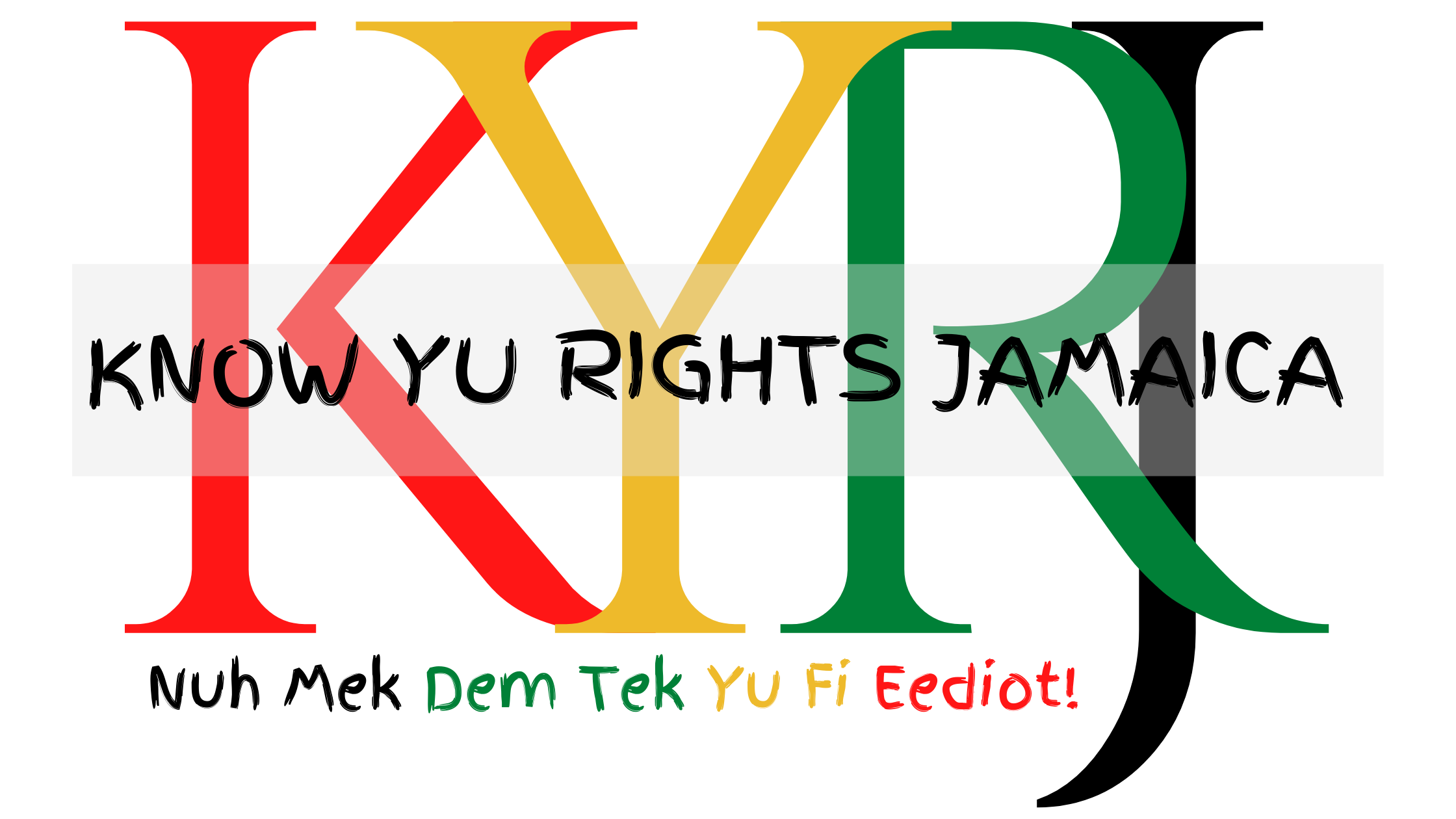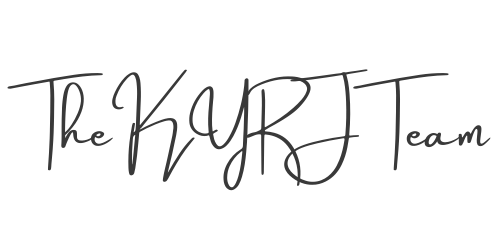DISCLAIMER: The content of this website, by its very nature, is general, whereas each user’s situation is unique. Therefore, please note the information contained within this website is for informational purposes only. All efforts have been executed to present accurate, up to date, and reliable, complete information. No warranties of any kind are declared or implied. Users of this website acknowledge that the Know Yu Rights Jamaica website is not engaging in the rendering of legal, financial or professional advice.
Please read our Privacy Policy & Terms of Use for further information.
A trade union in Jamaica, as in many other countries, is an organization formed by workers to represent their collective interests in the workplace. Trade unions aim to improve working conditions, negotiate better wages and benefits, and advocate for the rights of their members. In Jamaica, trade unions play a crucial role in the labour relations framework and contribute to shaping employment policies.
Benefits to workers who join a trade union are typically as follows:
- Collective Bargaining: Trade unions negotiate with employers on behalf of their members to secure better wages, benefits, and working conditions. This collective bargaining process allows workers to have a stronger voice in decisions that affect their employment.
- Job Security: Trade unions work to protect the job security of their members by negotiating terms related to layoffs, dismissals, and workplace restructuring. This helps provide a level of stability and security for workers.
- Improved Working Conditions: Trade unions advocate for improved health and safety standards, better working hours, and overall enhanced working conditions. By working collectively, union members can influence positive changes in the workplace environment.
- Legal Representation: Trade unions often provide legal representation and assistance to their members in cases of workplace disputes, grievances, or disciplinary actions. This support can be invaluable in ensuring fair treatment and due process.
- Training and Development: Unions may work with employers to provide opportunities for training and skill development for their members, enhancing their career prospects and employability.
- Voice in Decision-Making: Through participation in trade unions, workers have a collective voice in influencing workplace policies, decisions, and practices. This democratic representation empowers workers to have a say in matters that impact their professional lives.
- Solidarity and Support: Joining a trade union provides workers with a sense of solidarity and support from their peers. The collective strength of the union helps individuals feel more secure and confident in dealing with workplace challenges.
It’s important to note that the specific benefits can vary depending on the industry, the particular union, and the terms negotiated in collective labour agreements. Overall, trade unions in Jamaica, as elsewhere, play a vital role in safeguarding the rights and interests of workers.
What Is A Collective Labour Agreement?
A Collective Labour Agreement (CLA), also known as a Collective Bargaining Agreement (CBA), is a negotiated agreement between a trade union and an employer (or employers’ association) that outlines the terms and conditions of employment for a group of workers.
This legally binding document sets forth the rights and obligations of both the employer and the employees represented by the union. Collective Labour Agreements are a cornerstone of industrial relations and labor law, providing a framework for the employment relationship.
Key components of a Collective Labour Agreement often include:
- Wages and Benefits: The agreement specifies the wages, salaries, and any additional benefits such as health insurance, pension plans, and other perks.
- Working Hours: It defines the standard working hours, overtime rates, and any provisions related to work schedules and shifts.
- Conditions of Employment: The CLA outlines various conditions of employment, including leave policies, holidays, and other terms that govern the workplace.
- Job Security: Provisions related to job security, layoffs, and redundancies may be included to protect workers from arbitrary dismissals.
- Grievance Procedures: The agreement often establishes procedures for resolving disputes and grievances between the employer and the union, ensuring a fair and transparent process.
- Health and Safety: It may include provisions related to workplace health and safety standards to ensure a safe working environment for employees.
Benefits of having a Collective Labour Agreement for union workers include:
- Stability and Predictability: The agreement provides a stable and predictable framework for the employment relationship, reducing uncertainty for both employers and employees.
- Negotiating Power: Through collective bargaining, workers gain increased negotiating power and leverage to secure favorable terms and conditions of employment.
- Fair Compensation: CLAs often lead to fair and competitive compensation packages, ensuring that workers receive equitable wages and benefits.
- Improved Working Conditions: Agreements may include provisions for improved working conditions, contributing to a healthier and more productive work environment.
- Dispute Resolution: Having established procedures for dispute resolution helps prevent prolonged conflicts and ensures that issues are addressed in a timely and fair manner.
- Representation: The agreement provides a formal mechanism for workers to be represented by their chosen trade union, allowing them to have a collective voice in decisions that affect their work lives.
- Professional Development: Some CLAs include provisions for training and professional development opportunities, enhancing the skills and qualifications of the workforce.
It’s important to note that the specifics of Collective Labour Agreements can vary widely depending on the industry, jurisdiction, and the parties involved.
Additionally, the negotiation and renewal of these agreements are typically dynamic processes that reflect changes in the labor market and industry conditions.
Overall, CLAs play a crucial role in promoting fair and productive employment relationships by establishing mutually agreed-upon terms between employers and trade unions.
Types Of Trade Unions
Jamaicans are familiar with four types of labour unions:
1. Craft Unions
These unions, which predate the contemporary general unions, usually represented skilled workers in a particular field, e.g., carpentry or welding.
Craft unions would usually:
- Regulate training requirements for specific skills.
- Determine who can claim the skill and perform the job.
- Control the supply of the skill.
- Vigilant in safeguarding their members’ employment.
2. Industrial Unions
Industrial unions exclusively enlist members from a particular industry or economic sector, exemplified by associations like the Jamaica Teachers’ Association and the Jamaica Junior Doctors Association.
3. Blanket or General Unions
These unions are open to workers from all industries, drawing members from diverse sectors with varying skills. Their influence is rooted in their size, often making them the most substantial and potent unions.
Examples include Bustamante Industrial Trade Union (BITU), National Workers Union (NWU), and University and Allied Workers Union (UAWU).
4. Staff Unions
These are also called “Enterprise/Company Unions” or “Staff Associations”. They only represent the interest of workers within a specific company.
They may or may not be registered as Trade Unions.
Who Can Join A Union?
According to The Labour Relations and Industrial Disputes Act, any worker, regardless of occupation, is eligible to join a trade union. There are no specific restrictions based on job type, industry, or sector.
Can Union Workers Be Fired For Striking?
In Jamaica, the right to strike isn’t explicitly guaranteed by law, and engaging in a strike may be considered a breach of the employment contract. While it’s not an automatic dismissal, employers have the option to terminate the contract.
It’s crucial to be aware that the right to freedom of association allows you to join a trade union, but it doesn’t automatically grant the right to strike. The Labour Relations Code encourages settling disputes through agreed-upon procedures before considering industrial action.
However, if you ever find yourself in a situation where you’re considering a strike, it’s important to be mindful of the procedures outlined in the Labour Relations Code. If there are any issues with how the employer handled things, the Industrial Disputes Tribunal might step in, and there’s a chance of reinstatement for the employee, despite the breach of the employment contract.
Remember, the landscape is a bit nuanced, and each case can be different. If you ever need advice or have specific concerns, it might be a good idea to consult with a legal professional or your union representative for guidance tailored to your situation.
How To Join A Union At Work
Step 1: Find your union match.
Not all unions are created equal, and finding the right one for you is key. Here’s how:
- Ask around: If there’s already a union at your workplace, find out if it represents your job category. Chat with current members. They can tell you about their experiences and the union’s effectiveness.
- Do your research: If there’s no union at your workplace that can represent you, check if your industry or job type has a specific union affiliated with it. Resources like the Jamaica Confederation of Trade Unions (JCTU) can help.
- Consider your needs: What are your biggest concerns at work? Look for a union with a strong track record in addressing those issues, whether it’s wages, safety, job security, or unfair treatment.
Step 2: Make contact.
Once you’ve found your ideal union, reach out! Contact the Union Delegates at your workplace or get the union’s contact information…it should be readily available on their website or through the JCTU.
Step 3: Get informed.
Some unions offer information sessions or workshops for potential members. Attend one to learn about their specific benefits, structure, and dues. This is your chance to ask questions and ensure the union aligns with your values and goals.
Step 4: Sign up and show your support.
If you’re convinced, it’s membership time! Fill out the application form and pay the dues. Remember, the more members a union has, the stronger their bargaining power. Joining is a show of solidarity and collective strength.
Step 5: Get involved.
Don’t be a passive member! Attend meetings, participate in union activities, and raise your voice on issues that matter to you. The more engaged you are, the more effective the union will be in advocating for your rights.
Bonus tip: Check if your employer has an anti-union stance. Jamaican legislation protects your right to join a union without fear of reprisal. If you experience any pressure or intimidation, contact the JCTU or the Ministry of Labour immediately.
Trade Unions In Jamaica
From negotiating better wages to advocating for improved safety standards, trade unions play a vital role in safeguarding the rights and interests of workers in Jamaica. By understanding the different types of unions, the benefits of membership, and the process of joining, you can make informed choices about your future and contribute to a stronger, more equitable workforce.

